Dear Cabinet Secretaries Mairi Gougeon MSP and Gillian Martin MSP,
We are deeply disappointed that the Programme for Government published today confirms the Scottish Government’s failure to introduce statutory protection for Scotland’s under threat marine habitats in this Parliamentary term.
Scotland’s seabed is one our greatest assets and yet it has been systematically neglected. The Scottish Government often claims a world-leading record on marine protection, by stating that 37% of Scotland’s seas have been designated as protected areas, but many of these designations – established over 10 years ago – still have no fisheries management and are therefore not actually protected. Our primary concern is that less than 5% of Scotland’s coastal seabed is protected from bottom-trawling and scallop dredging, two highly destructive methods of fishing that need much more effective management..
In 2014, a network of Marine Protected Areas were designated in a landmark move for marine management. Since then, year after year, many who care about and depend on our seas have been waiting for the Scottish Government to implement the necessary protections for these areas. This decade of delay means 92% of seabed within Scotland’s inshore Marine Protected Areas remains unprotected from bottom trawling and dredging.
The Scottish Government’s broken promises have led to serious environmental harm, disadvantaged small-scale inshore fishing businesses and undermined the prospects of future generations around our coasts. This failure to act has led to irrational management: our herring fisheries collapsed in the 1970s and yet the Scottish Government still allows scallop dredging to occur on known herring spawning grounds. Flame shells build essential reef habitat that promotes recruitment of white fish – and yet the Scottish Government is failing to protect known aggregations of these ecosystem engineers. Bottom-trawling generates large volumes of bycatch and yet the Scottish Government has yet to prioritise monitoring systems that can record and manage these impacts.
There is international consensus supporting urgent measures to restore marine ecosystems. Managing the footprint of fishing methods that scour the seafloor promotes habitat recovery, creates productive fish nursery grounds and leads to improved fishing opportunity and access for lower impact fishing: more protection, more fish, more jobs.
The Programme for Government is effectively the starting pistol for the Scottish elections, and yet it now makes clear that the long-promised measures to protect inshore Marine Protected Areas and Priority Marine Features from the impacts of bottom-trawling and dredging, will be delayed until the next parliamentary session. Without these protections, Scotland’s vital seabed habitats continue to be at the mercy of routine and systematic degradation, sanctioned by the Scottish Government. The Scottish Government needs to deliver the protection of our inshore waters, as they hold the majority of Scotland’s most important yet vulnerable habitats, species and ecosystems. Protecting Scotland’s inshore waters will safeguard economically and culturally significant low impact fisheries, fishing jobs in coastal communities and ensure a healthy marine environment that will benefit people and the planet. The failure to deliver these policy measures is having continued direct, negative impacts on the health of our marine environment and its capacity to support future generations.
Harm to Scotland’s seas continues, as evidenced by the seabed damage recorded near the Isle of Rum last year: which was designated within the Small Isles Marine Protected Area in 2014 but where damaging fishing activity is still permitted, in conflict with the site’s conservation objectives. Despite the concerned press coverage this received at the time, residents on the island report continued near-shore scallop dredging inside the Marine Protected Area. In Orkney, local scallop divers have witnessed parts of their near-shore fishing grounds decimated by dredging, causing damage to seabed holding Priority Marine Features and for which NatureScot has recommended urgent protection. These and other examples abound across Scotland with no end in sight.
Promises to introduce these measures having been reconfirmed in every Programme for Government this Session, albeit slightly weaker with every passing year:
- Programme for Government 2021– We will deliver fisheries management measures for existing Marine Protected Areas (MPAs) where these are not already in place, as well as key coastal biodiversity locations outside of these sites, by March 2024 at the latest.
- Programme for Government 2023– Enhance the protection of our marine environment, including through progressing implementation of a suite of management measures in Marine Protected Areas, and supporting community-led marine protection.
- Programme for Government 2024– Consult on further protection measures for our Marine Protected Areas and Priority Marine Features to meet conservation objectives.
Simple calculations indicate there isn’t enough time to consult and implement these measures before pre-election purdah begins. We therefore write this letter today to mark an unfortunate and deeply disappointing milestone of unfulfilled government promises.
We recognise that the Scottish Government did eventually consult on fisheries management measures within Scottish offshore MPAs and intends to implement management for offshore marine protected areas this year, but a significant proportion of Scotland’s marine biodiversity remains unprotected in the inshore zone. Protecting seabed in our coastal seas would improve fishing opportunity for the majority of Scotland’s low impact fishing fleet where it operates. We need a holistic and joined-up approach to spatial management.
We note the Scottish Government’s apparent lack of enthusiasm for blanket bans on fishing over recent years. For clarity the Our Seas Coalition has never sought a blanket ban on all fishing: the coalition wants to secure healthier seas and actively supports preferential access for low impact fishing in Scottish coastal waters. We continue to look forward to working with the Scottish Government to implement measures that can achieve this. We are calling for a minimum of 30% of Scotland’s inshore waters to be protected from bottom-trawling and dredging to recover biodiversity and enable sustainable fishing to continue, with implementation underpinned by a robust and just transition for affected sectors. This ‘inshore limit’ would prohibit bottom-trawling and dredging in a meaningful portion of the inshore waters (within 12 nautical miles from the coast), restoring seabed habitats, supporting low-impact fisheries, and aligning with Scotland’s environmental and economic commitments. There is strong historical precedent for such a measure: the three-mile limit, in place for nearly one hundred years until 1985, restricted bottom-trawling from approximately 34% of the inshore zone. Nearly 14,000 people have signed our petition in support of this change.
The seas are a commons. They belong to all of us and must be stewarded for future generations. We entreat you and any future Ministers to act in the long-term interests of Scotland and take action to protect our seabed and revive sustainable inshore fisheries.
Sent on behalf of the 150+ members of the Our Seas Coalition



















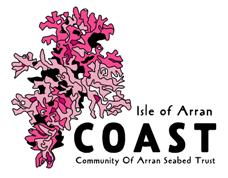

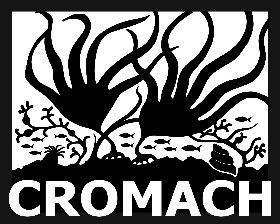
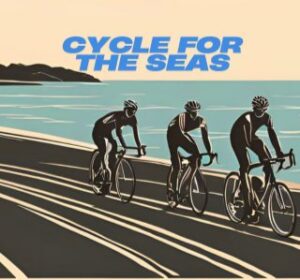
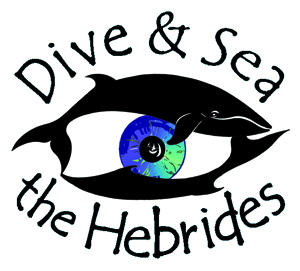
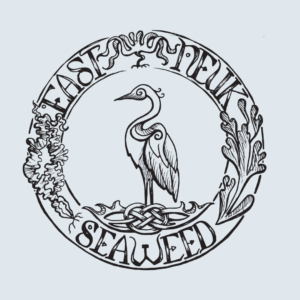


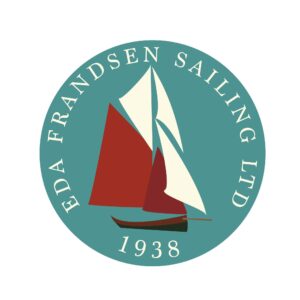




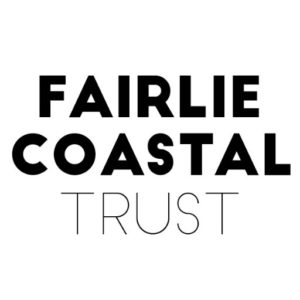
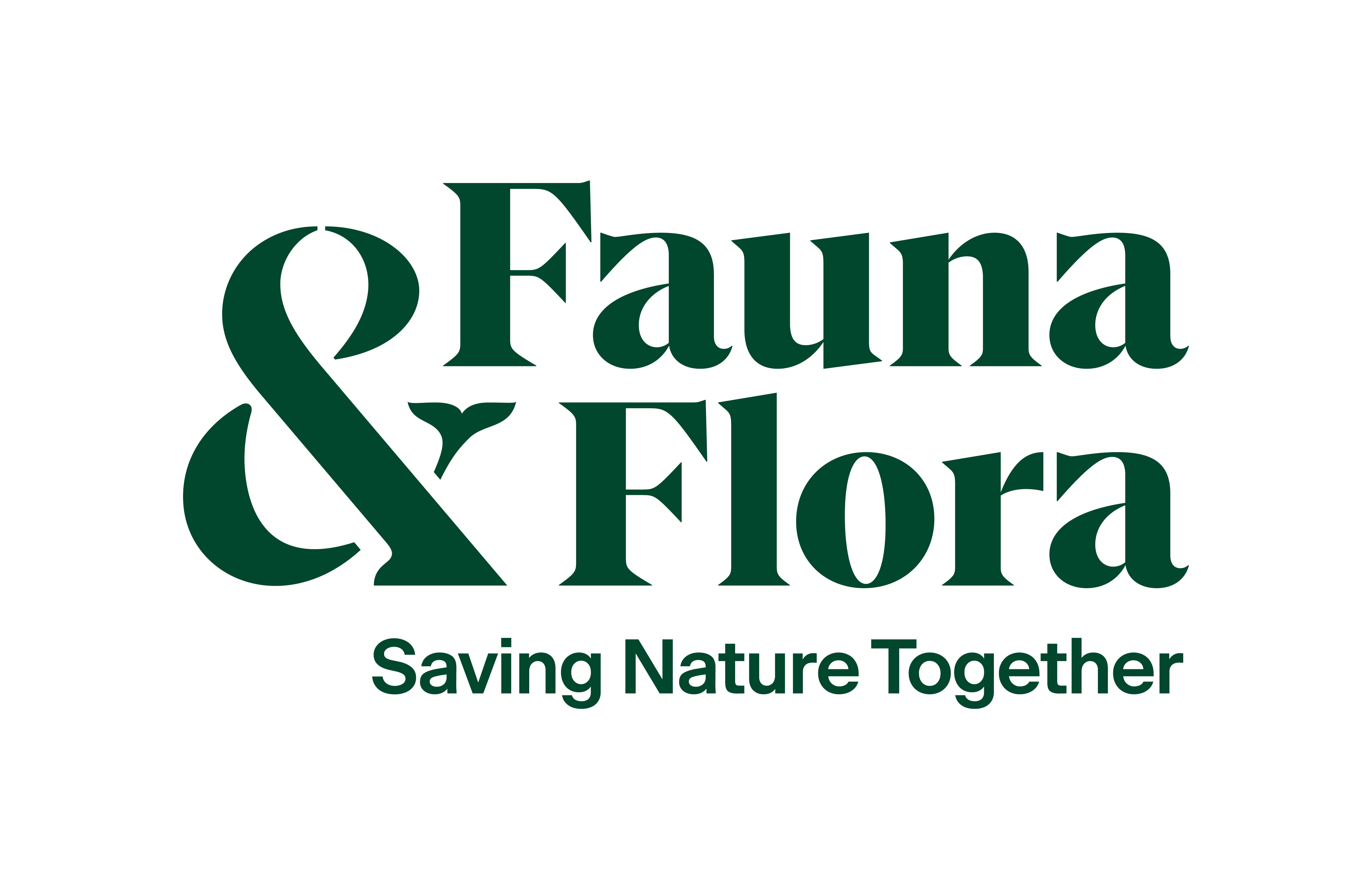
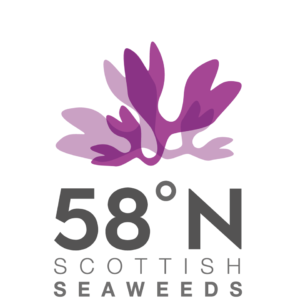
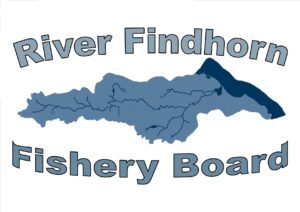




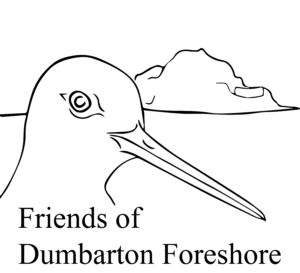
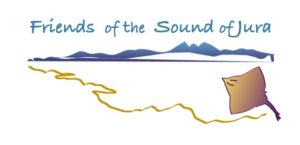

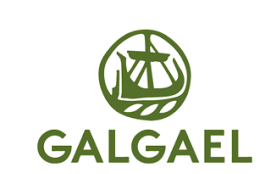
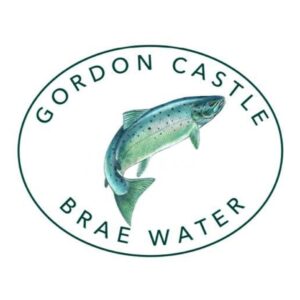
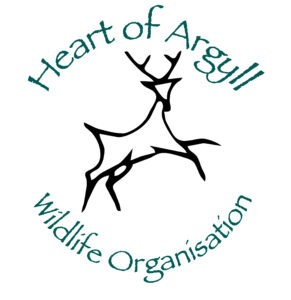



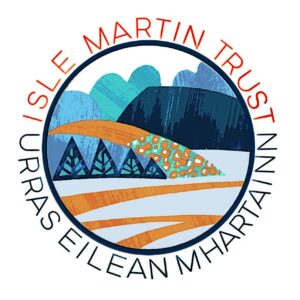
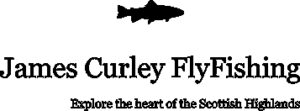


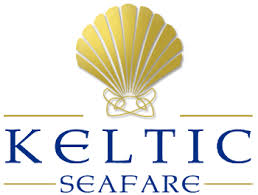

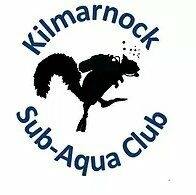


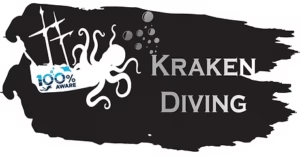
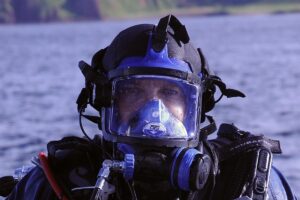
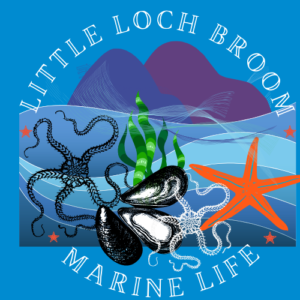


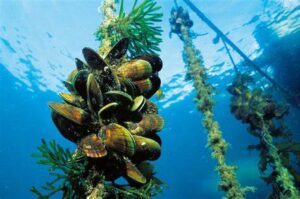

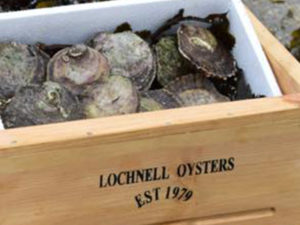

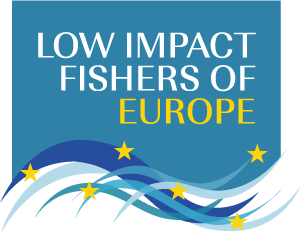


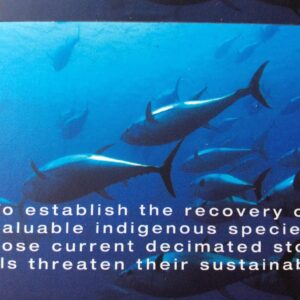

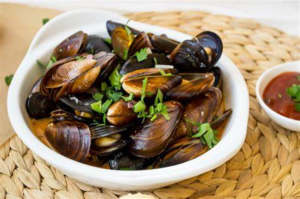


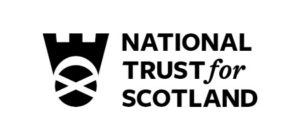
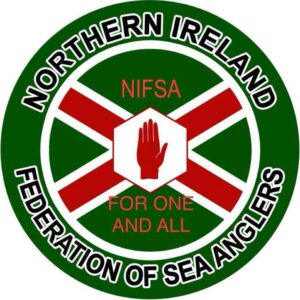






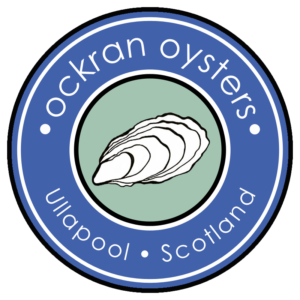

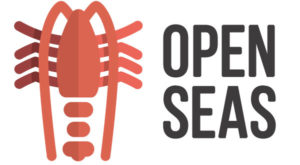


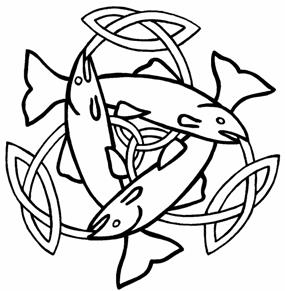









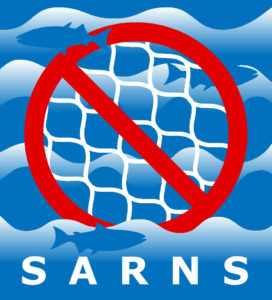
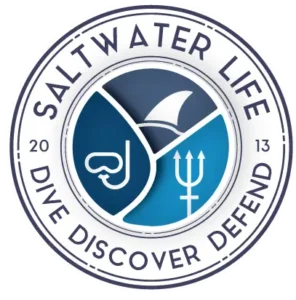
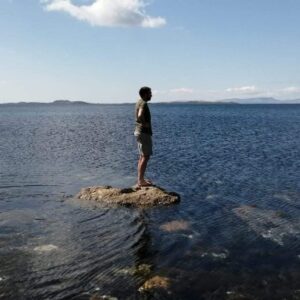


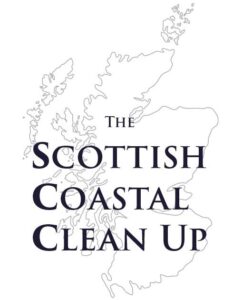

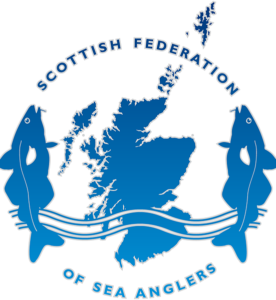



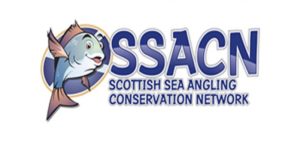


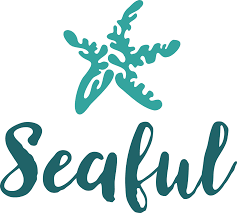


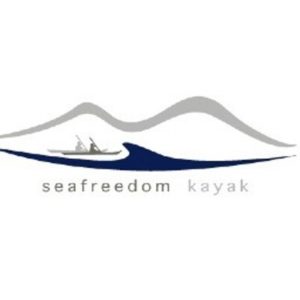





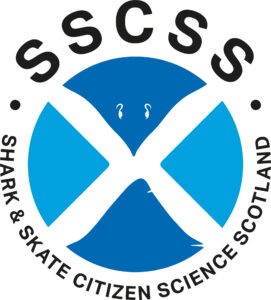
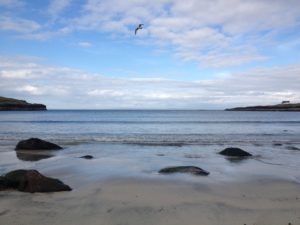


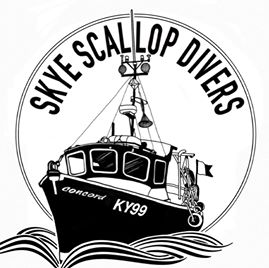
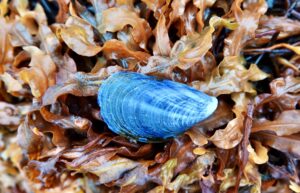





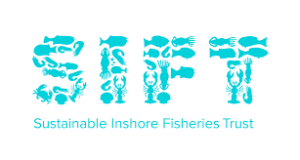






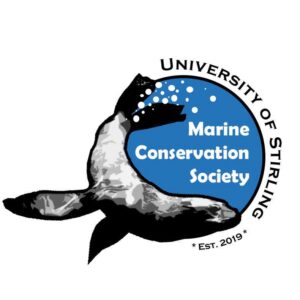


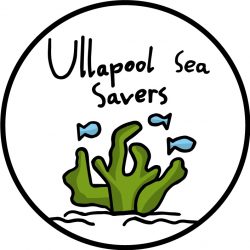
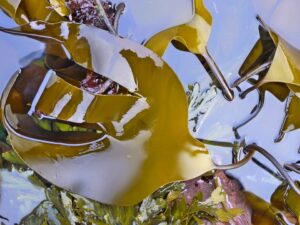
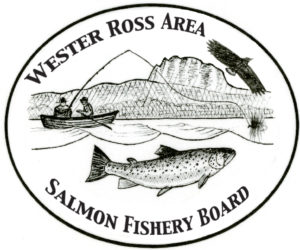
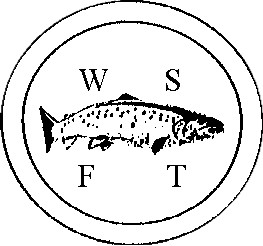
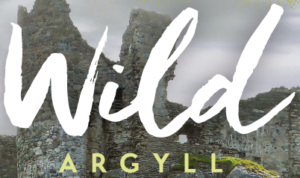
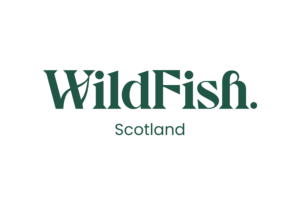


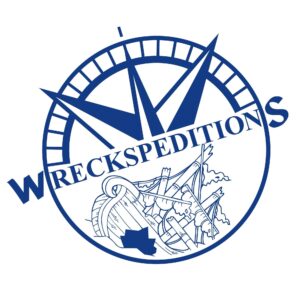

Leave a Reply